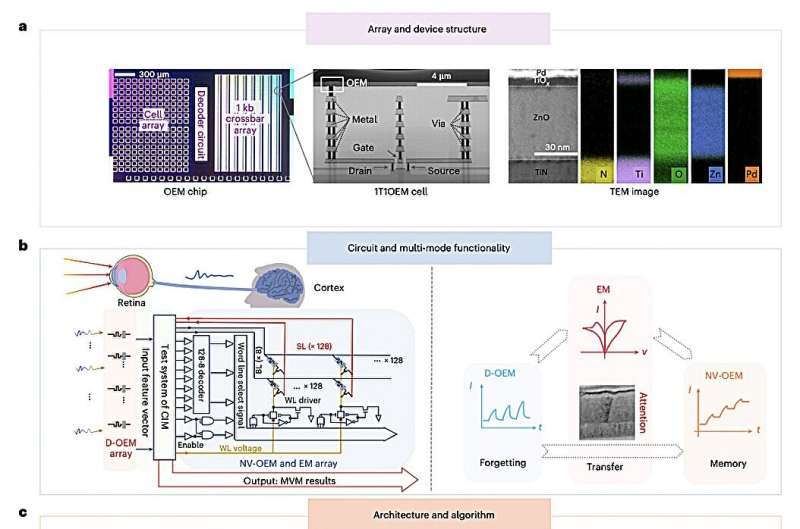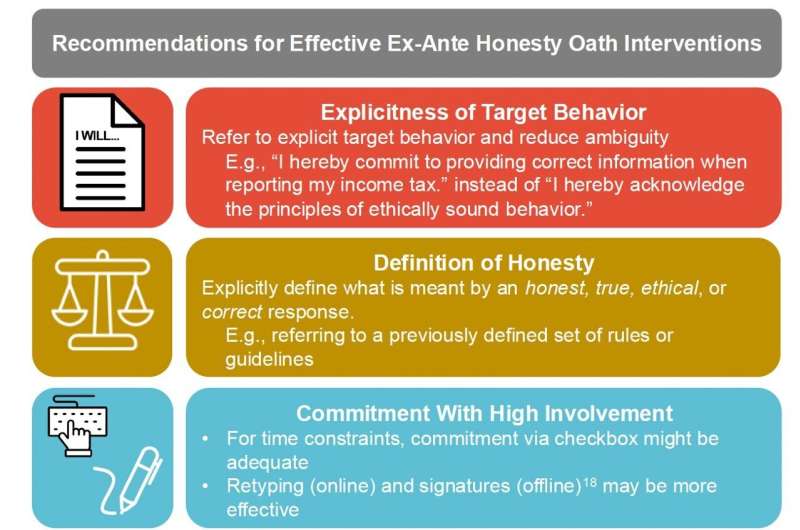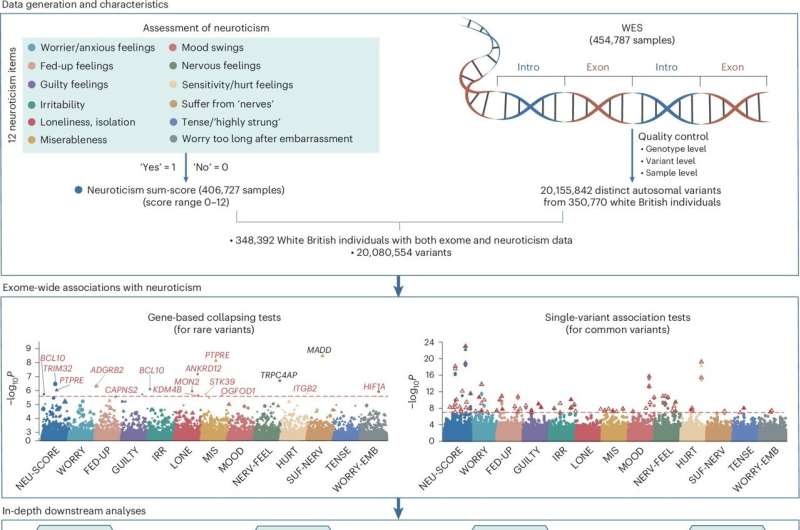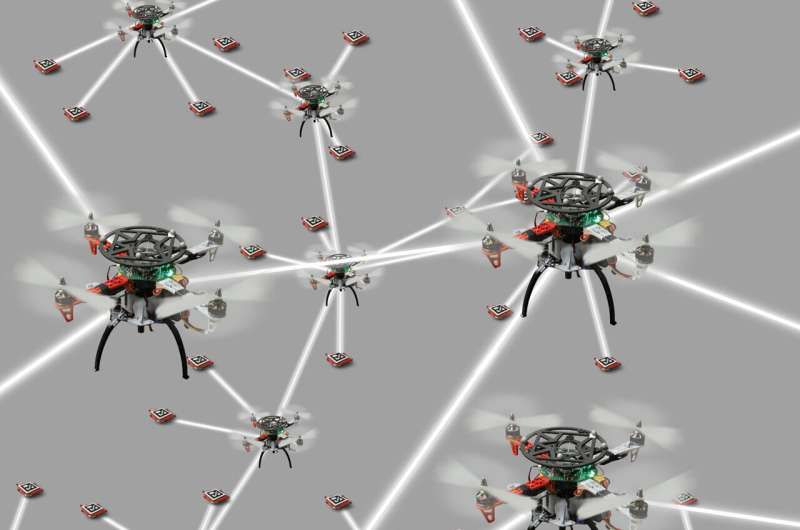
by Ingrid Fadelli | Jan 14, 2025 | Computer Sciences, Hardware, TECHXPLORE
To make sense of the world, most humans rely in great part on their vision. Recent research suggests that the human visual system is hierarchical, meaning that it processes information on different levels, ranging from the low-level processing of sensory stimuli to...

by Ingrid Fadelli | Jan 14, 2025 | Condensed Matter, PHYS.ORG, Physics
Graphene, particularly in its purest form, has long been considered a promising material for developing spintronic devices. These devices leverage the intrinsic angular momentum (i.e., spin), as opposed to the charge, of electrons to transmit and process data.

by Ingrid Fadelli | Jan 14, 2025 | Economics & Business, Other Sciences, PHYS.ORG, Social Sciences
Over the past decades, psychologists and policymakers have been trying to devise interventions that could dissuade individuals from engaging in dishonest social behaviors, such as tax evasion or fraud. One promising strategy they identified entails asking people to...

by Ingrid Fadelli | Jan 14, 2025 | Genetics, MEDICALXPRESS, Psychology & Psychiatry
Neuroticism is a key personality trait described by well-established psychological theories, associated with a tendency towards emotional instability and negative emotions. Past studies found that this personality trait often goes hand in hand with various mental...

by Ingrid Fadelli | Jan 14, 2025 | Machine learning & AI, Robotics, TECHXPLORE
The deployment of robot teams could allow humans to complete various real-world tasks faster and more efficiently. For instance, multiple co-operating robots could help to quickly find and rescue survivors of natural disasters or monitor pollution across large...






